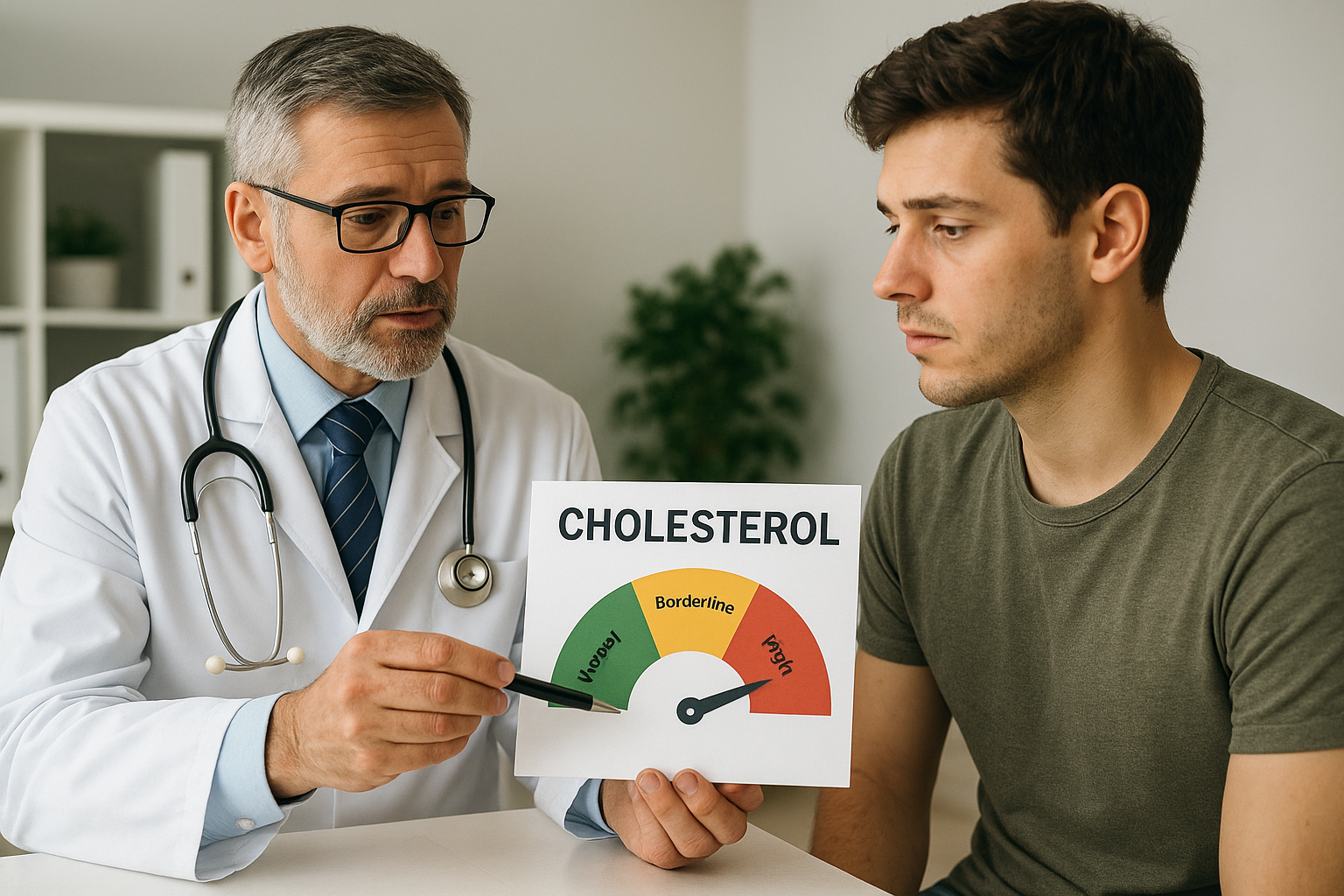Cholesterol Risks Are Rising for All Ages
Cholesterol problems have long been associated with middle age, but new guidance from the American Heart Association (AHA) warns that younger people are not immune. With rising cases of obesity, diabetes, and poor lifestyle habits, cholesterol is becoming a concern across all age groups.
Why the Concern About Cholesterol?
Cholesterol is a fatty substance in the blood that plays a vital role in cell function. However, when levels become too high, it increases the risk of heart disease, stroke, and other cardiovascular issues. Traditionally, doctors emphasized cholesterol checks after age 40, but today’s lifestyle trends are forcing health experts to rethink.
AHA’s Key Recommendations
The AHA is urging younger people to take cholesterol screening more seriously. According to its updated guidance:
- Children should undergo cholesterol checks between ages 9–11.
- Young adults, especially those with obesity or family history, should test cholesterol levels early.
- Lifestyle changes like balanced diet, regular exercise, and avoiding smoking are strongly recommended.
- In some high-risk cases, doctors may suggest medication before age 40.
This proactive approach aims to prevent heart-related complications decades later.
Expert Insights on Early Cholesterol Management
Cardiologists stress that high cholesterol is a “silent risk” because it rarely shows symptoms until it causes major damage. One health expert noted, “By the time cholesterol levels trigger heart disease, it’s often too late. Regular screening from a younger age can save lives.”
Why This Matters for India and Beyond
India is witnessing a surge in lifestyle-related diseases, with heart attacks affecting younger populations more frequently than before. Fast food, long work hours, and stress are worsening cholesterol profiles even in people in their 20s and 30s. If left unchecked, this could place enormous pressure on healthcare systems in the coming years.
What’s Next in Heart Health Awareness
Public health campaigns are likely to place greater emphasis on preventive care, focusing on early screening and education. Schools and workplaces may also play a role in encouraging healthy eating habits, regular activity, and cholesterol awareness.
Conclusion
Cholesterol is no longer just a middle-age concern it’s a lifelong health marker. The AHA’s guidance reminds us that prevention starts early. Regular testing, healthier food choices, and exercise can go a long way in protecting the heart at every stage of life.



